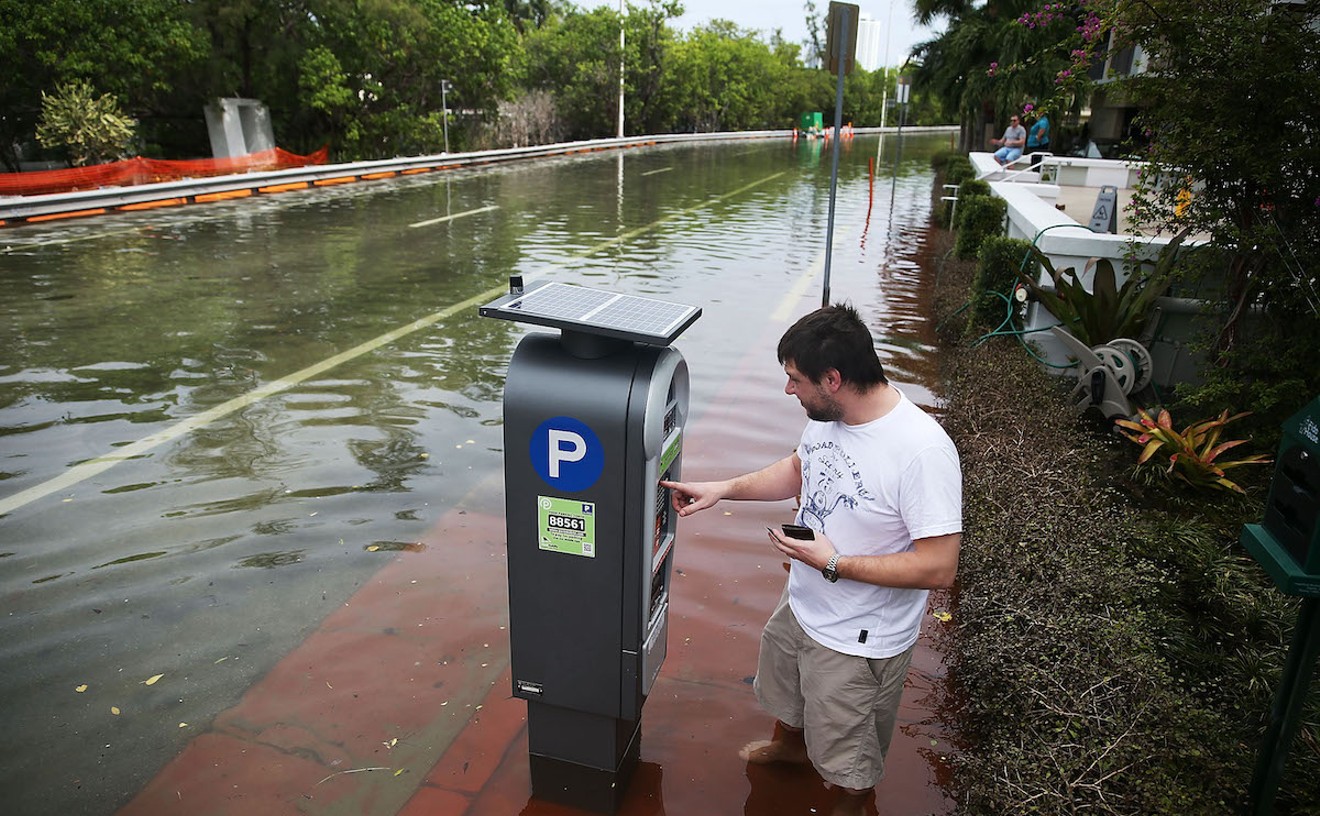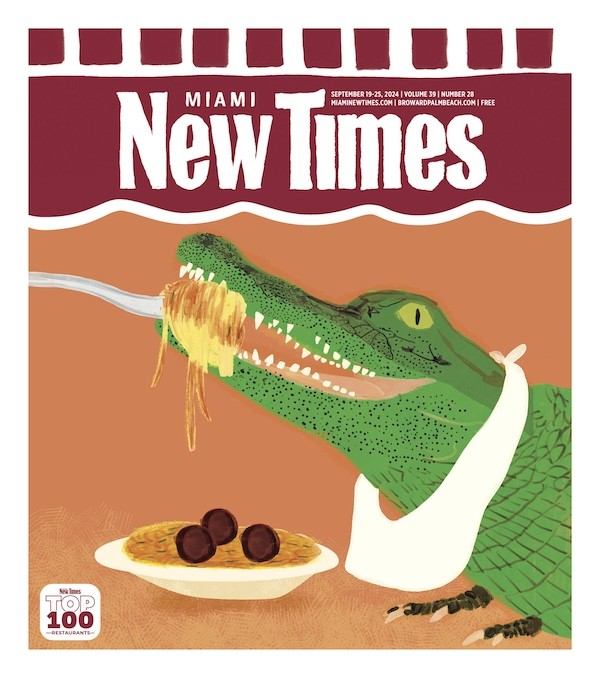Two weeks ago, we wrote about how DecoBike was not turning out to be the win-win we were once promised. Despite extraordinary success for the bike share, a revised deal between DecoBike and Miami Beach meant that the city was only getting half the revenue originally agreed upon.
Our article stirred up a lot of anger -- not at politicians for cutting bad deals or entrepreneurs for false promises, but at New Times. "Decobike piece is way off the mark," tweeted Craig Chester from Miami Urbanist. "Every other bike share in US besides NYC is subsidized by taxpayers. The fact DecoBike pays out to cities is remarkable."
So we crunched the numbers. What we found was that Miami Beach is, in fact, subsidizing its bike share program.
See also: DecoBike Is Booming, but Taxpayers Are Getting Stiffed
When DecoBike first approached Miami Beach about establishing a bike share program, the company projected the city would make between $1.9 to 3.4 million over five years.
DecoBike, on the other hand, estimated it could make anywhere from $836,000 to $9.6 million over that same time period, depending on the program's success.
The agreement seemed to working as planned when, in September 2013, DecoBike was set to pay the city $388,687 -- roughly the minimum amount promised under the original deal.
But DecoBike complained that it's $3 million in yearly revenue wasn't enough to make a healthy profit after paying off expenses. So the company cut a second, better deal with the city.
Under the revised deal, DecoBike only paid Miami Beach $190,205 for 2012-13.
Still sounds like a nice return for a bike share program, right? After all, if D.C. and NYC are subsidizing their programs, why bitch about making $190,205 per year?
@MikeMillerMiami Decobike piece is way off the mark. Out of all the bike shares in the USA, it's the ONLY one that pays their city profits.
— Craig Chester (@MiamiUrbanist) May 2, 2014The problem with that argument is that it ignores the true cost of the bike share program. We asked the city for statistics on the parking spaces used by DecoBike kiosks.
Miami Beach currently has 93 DecoBike kiosks. According to the city, those kiosks replaced 86 metered parking spots. Each parking spot would have earned the city an average of $3,000 per year. That means Miami Beach is losing $258,000 worth of parking revenue every year because of DecoBike.
In other words, Miami Beach is currently subsidizing its bike share program. Last year, the city lost a net $67,795 under the revised agreement (as opposed to making a net $130,687 under the original deal).
The good news is that under the new deal, DecoBike will pay Miami Beach an increasing amount over the next six years. By 2020, the city will have recouped its $2 million parking subsidy. At that point, DecoBike will truly be paying for itself.
This seems to suit Miami Beach politicians just fine.
"There was clear policy intent and determination made that there was a public benefit to keeping DecoBike in the City," says city manager Jimmy Morales. "This contract was not about generating revenue; it was about promoting sustainability and giving the residents and visitors of Miami Beach an alternate mobility option. The purpose of revenue sharing was to recover the value of revenue lost from the parking spaces where the DecoBikes are located."
Certainly, having a bike share program in Miami Beach is a boon for the environment and a boost to the local standard of living. It has positive effects that can't be easily quantified.
But that was only half the argument in bringing DecoBike to Miami Beach. The other half -- the promise that the city would make money on the deal -- has fallen by the wayside.
Send your tips to the author, or follow him on Twitter.
Follow Miami New Times on Facebook and Twitter @MiamiNewTimes.












